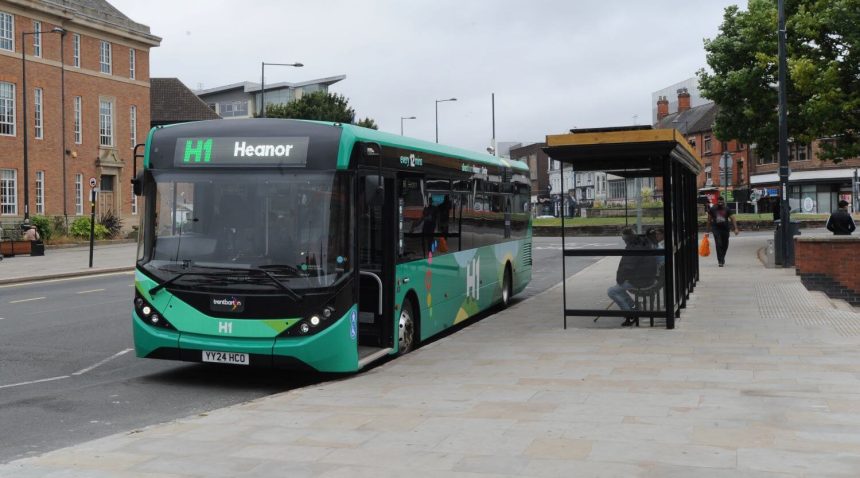The Urban Transport Group (UTG) has urged the government to extend the Bus Service Improvement Plan (BSIP), Bus Service Operators’ Grant Plus (BSOG+) and the £2 national fare cap at the Budget on 30 October.
The association of transport authorities has outlined these asks in a new paper, The pathway to a brighter transport future: The fiscal imperative, adding that the risk of not doing could lead to a loss in services.
UTG wants these England-specific funding mechanisms to remain in place until at least the beginning of the Spending Review period, in April 2026.
It says that the reduction in bus service mileage could be higher than 24% in some areas without a renewal of BSIP in England of one more year beyond next spring.
The group has also called for BSOG+ support to continue until that time in order to avoid a potential decline in bus services by 10% and increase in fares by a similar amount.
Meanwhile, if the £2 single fare cap scheme ends as planned on 31 December, it could lead to an increase of 40% in fares in some cases, UTG claims. Sources suggest the Chancellor is planning to announce the fate of the funding stream at the time of the Budget.
The paper also urges government to provide long-term capital and revenue funding for the city regions and London to improve bus services. As further devolution of bus services looks likely, UTG wants the government to commit to long-term funding for City Region Sustainable Transport Settlements.
UTG says investment in bus services is vital for the country’s economy. It cites a Confederation of Passenger Transport report (2024) which indicates that, for every £1 invested in bus services, the national economy grows by £4.55.
Steve Warrener, Chair of the Urban Transport Group, says: “We welcome the government’s commitment to put transport at the heart of its economic growth agenda and the Transport Secretary’s ambition to ‘move fast and fix things’.
“However, there is an imperative for the Chancellor to confirm core transport funding, specifically for the bus. Without it, the opportunity for our city regions to deliver economic growth and support the government’s wider missions – and particularly its bold ambitions for bus through the Better Buses Bill – could be undermined.
“This first Budget gives the Treasury a chance to demonstrate its commitment to safeguarding vital public transport services, serving as a bridge to the development of a longer-term plan ahead of the Spending Review.”



























